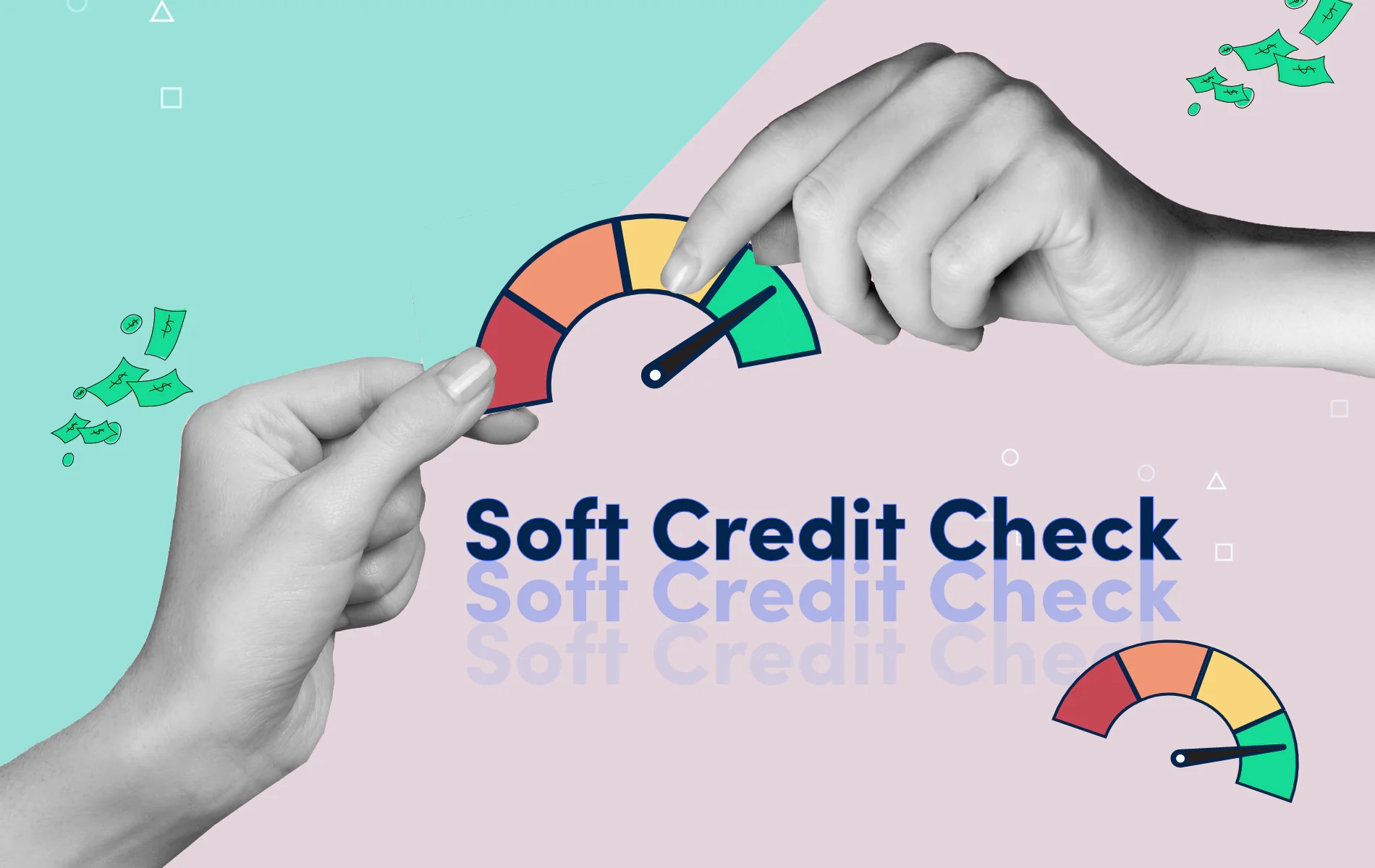Home>Finance>What Is A Hard Sell? Definition Vs. Soft Sell And Characteristics


Finance
What Is A Hard Sell? Definition Vs. Soft Sell And Characteristics
Published: December 4, 2023
Learn the definition of a hard sell in finance and understand its differences and characteristics compared to a soft sell approach. Get insights into effective sales strategies.
(Many of the links in this article redirect to a specific reviewed product. Your purchase of these products through affiliate links helps to generate commission for LiveWell, at no extra cost. Learn more)
Understanding the Differences: Hard Sell vs. Soft Sell
When it comes to the world of sales and marketing, two common terms that often arise are “hard sell” and “soft sell.” But what do these terms really mean, and how do they differ? In this blog post, we’ll delve into the definition of each, their characteristics, and how they can impact your finance-related endeavors. So let’s dive in and explore the world of hard sell and soft sell!
Key Takeaways:
- The hard sell is an aggressive sales technique that focuses on pushing the product or service to the customer using high-pressure tactics.
- The soft sell, on the other hand, takes a more subtle and persuasive approach, emphasizing relationship-building and customer needs.
Understanding Hard Sell
Do you remember a time when you felt pressured to make a purchase? That’s the essence of a hard sell. In a hard sell approach, salespeople use aggressive tactics to push their products or services onto potential customers. This approach often involves high-pressure techniques, overemphasis on features and benefits, and a sense of urgency to make a decision.
Hard sell tactics may include:
- Using persuasive language that creates a fear of missing out
- Offering limited-time discounts to create a sense of urgency
- Repeating the benefits of the product or service excessively
- Pressuring customers with aggressive follow-up strategies
While the hard sell technique can be effective in some scenarios, it also carries the risk of alienating potential customers. In the finance industry, where trust and credibility are crucial, taking a hard sell approach might not be the best strategy.
Exploring Soft Sell
Unlike the hard sell, a soft sell approach focuses on building relationships and meeting customer needs. It takes a more subtle and persuasive route, emphasizing the benefits of the product or service rather than aggressively pushing it onto customers.
In a soft sell strategy, the goal is to create a comfortable and engaging sales experience. It involves understanding the customer’s pain points, addressing their concerns, and demonstrating how the product or service can genuinely help them achieve their financial goals.
Soft sell characteristics include:
- Listening to customers attentively and understanding their needs
- Providing informative and helpful advice without pressure
- Offering personalized solutions tailored to individual situations
- Building trust and rapport with customers over time
In the finance industry, where establishing trust is paramount, adopting a soft sell approach can enhance your reputation and foster long-term customer loyalty.
The Best Approach for Finance-related Endeavors
So, which is the best approach between hard sell and soft sell for your finance-related endeavors? Ultimately, it depends on your target audience and the specific circumstances. However, there are a few key takeaways to keep in mind:
- Trust is crucial in the finance industry: Building and maintaining trust is vital for the success of any finance-related endeavor. A soft sell approach that focuses on building relationships and providing personalized solutions can help establish trust with customers.
- Know your audience: Understanding your target audience’s preferences, needs, and pain points will enable you to tailor your sales approach accordingly. Some customers may respond well to a more direct and persuasive hard sell, while others may appreciate a softer, more consultative approach.
As with any sales strategy, it’s essential to constantly evaluate and adapt your approach based on customer feedback and market trends.
While hard sell tactics might generate quick sales, they can also result in short-term relationships and potential customer dissatisfaction. In the finance industry, where long-term relationships and trust are key, adopting a soft sell approach can help you create lasting connections and drive sustainable success.
So, the next time you’re considering your sales and marketing strategy in the finance industry, think about whether a hard sell or soft sell approach aligns best with your goals and audience. Remember, it’s all about finding the right balance between selling effectively and building lasting customer relationships!














